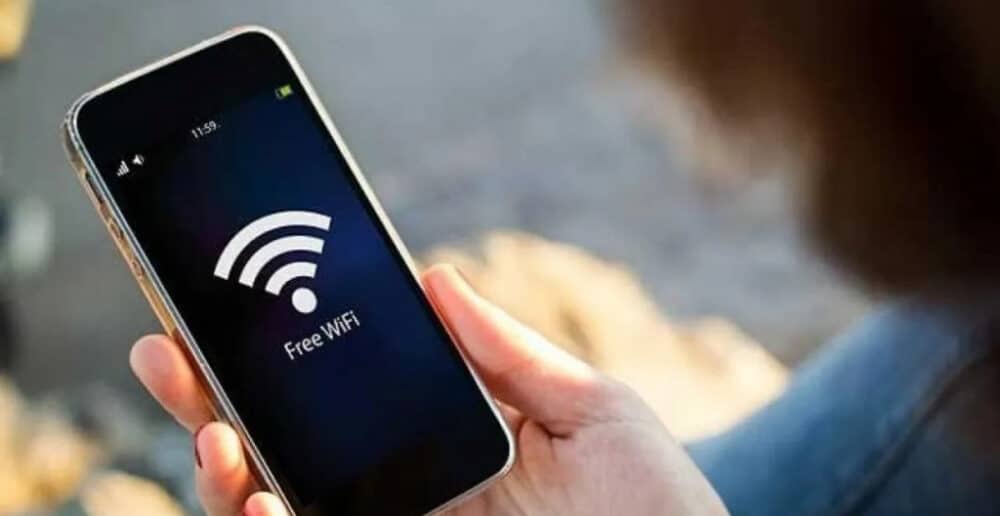It could have become Dubai resident J's worst nightmare when he connected his laptop to the public Wi-Fi at a hotel in the UAE.
One user's entire system was hacked and all their accounts were compromised.He received a call from a hacker demanding a Bitcoin ransom to free his TikTok account, which had more than 1 followers.However, he decided not to take action, so the hacker canceled his account.

Potential risks.
"Many public Wi-Fi networks are not secure, which is one of the biggest threats," said Joseph Carson, chief security scientist at Delinea. "While it's uncommon for individuals to connect to public Wi-Fi networks, it does happen and can lead to serious consequences. Consequences. Therefore, we must take measures to strengthen the security of public Wi-Fi networks." Public Wi-Fi networks are increasingly important in modern society because many people rely on them to connect to the Internet.However, such networks are often not adequately protected.Hackers can invade public Wi-Fi networks through network vulnerabilities and steal sensitive information such as usernames, passwords, credit card numbers, etc.Therefore, we must take steps to strengthen the security of public Wi-Fi networks.While it's uncommon for individuals to connect to public Wi-Fi networks, it does happen.Once someone is connected to such a network and a hacker breaks into it, the attacker can steal the user's sensitive information.Therefore, we should educate people on how to protect themselves from hackers on public Wi-Fi networks.In order to strengthen the security of public Wi-Fi networks, we need to take the following measures: 1. Use strong passwords: Before connecting to public Wi-Fi networks, we should use strong passwords to protect our network connections.Strong passwords should include uppercase letters, lowercase letters, numbers, and special characters, and common passwords should be avoided. 2. Do not log in to sensitive accounts under public Wi-Fi networks: We should avoid logging into our sensitive accounts, such as credit card accounts, social media accounts, etc., under public Wi-Fi networks.If we have to log in on these networks, then we should use a VPN (Virtual Private Network) to encrypt the connection to protect our privacy and security. 3. Change passwords regularly: We should change our public Wi-Fi network passwords regularly to prevent hackers from guessing passwords and breaking into our networks. 4. Use network isolation: We can use network isolation to protect our public Wi-Fi networks.Network isolation prevents attackers from penetrating our network through network vulnerabilities and ensures that our network is not affected by malicious attacks.In conclusion, we must take steps to strengthen the security of public Wi-Fi networks.We should protect our network connections by using strong passwords, avoiding logging into sensitive accounts on public Wi-Fi networks, changing passwords regularly, and using network isolation.








